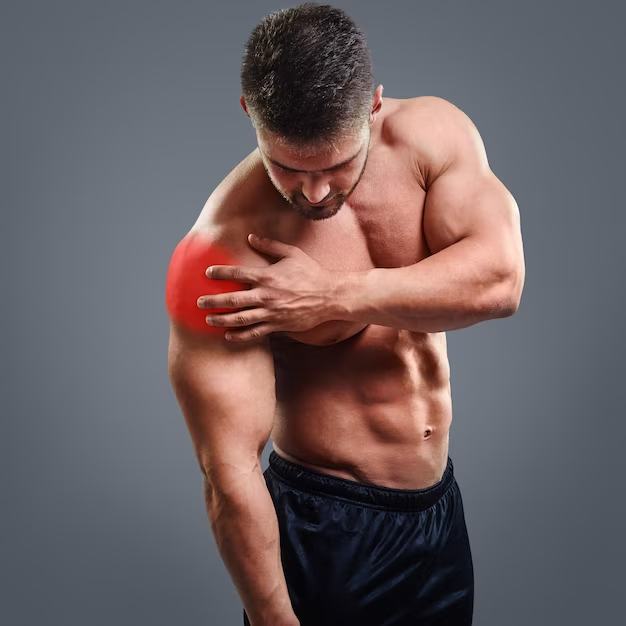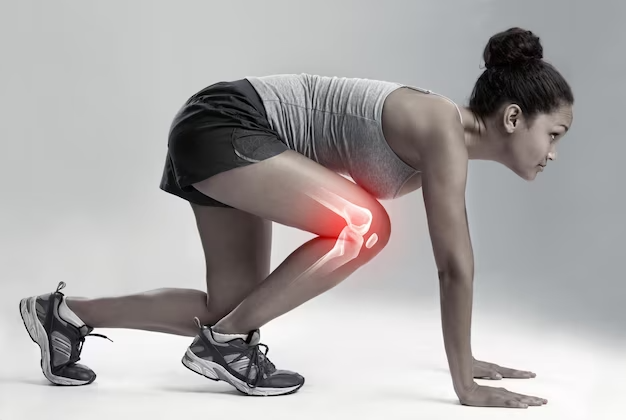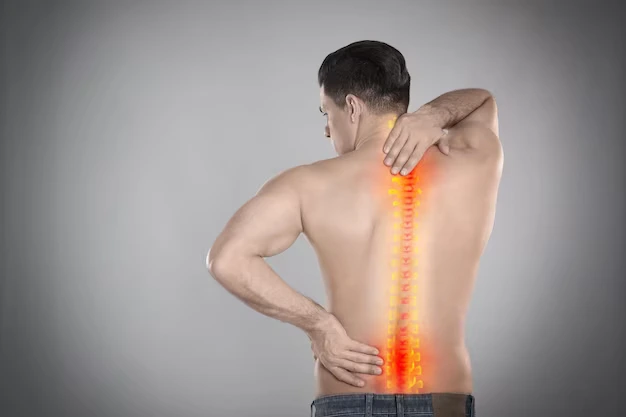Table of Contents
A muscle cramp is a sudden tightening of one or more extra muscular tissues. Now and then called a Charley horse, a muscle cramp can be very painful. Exercise or working hard, particularly in heat, can result in muscle cramps. A few drug treatments and ailments additionally might cause muscle cramps.
Muscle cramps are not generally harmful. Self-care measures can deal with maximum muscle cramps. A muscle cramp is a painful tightness in a muscle due to an unexpected, involuntary contraction. Different factors may additionally contribute to muscle cramping; however, the underlying cause is frequently unclear.
Muscle cramps may also arise nearly anywhere within the body, but some common areas encompass the legs and feet. People with digestive problems or menstrual cramps may enjoy muscle cramps inside the abdomen. But everyone experiencing continual cramping ought to talk with their doctor to get a prognosis. In some cases, a remedy may be important.
This post discusses muscle cramps in more detail, such as their reasons, remedies, and prevention. It also explains when to talk to a physician about this trouble.
Symptoms of muscle cramp

Leg muscles, particularly the calf, are the most common site of muscle cramps. Typically, cramps last anywhere from a few seconds to several minutes. The affected area may be sore for hours or days after the cramp passes.
When should I see a doctor?
Usually, muscle pain or stiffness go away on their own. Usually, they don’t require medical attention. Nevertheless, if you experience cramps,
- Cause severe discomfort.
- Have you noticed skin changes, redness, or swelling in your legs?
- Come with muscle weakness.
- Happen often.
- Don’t get better with self-care.
Causes of muscle cramp

Muscle pain can result from overusing or straining a muscle, from perspiring out bodily fluids, or from just standing still for an extended period of time. Nevertheless, the cause is frequently unknown. Muscle cramps are usually not harmful. However, some may be connected to a health issue, like:
Insufficient blood flow. Leg cramps during exercise may be caused by a narrowing of the arteries supplying blood to the legs and feet. Usually, these cramps disappear as soon as you stop exercising.
Compression of nerves. Leg cramps can also be brought on by pressure on the spinal nerves. Walking usually makes the pain worse
Inadequate mineral intake. Bending forward slightly, as when pushing a shopping cart, may help relieve cramps. Leg cramps can result from eating too little magnesium, calcium, or potassium in the diet. The body may lose these minerals as a result of increased urination brought on by medications that are frequently prescribed for high blood pressure.
The following are some factors that may make muscle pain more likely:
Age. People get less muscle as they age. The muscles become less able to exert themselves and are more susceptible to stress.
Inadequate preparation. Muscles tire out more quickly when they are out of shape for an activity.
Severe perspiration. Muscle cramps are frequently experienced by athletes who play sports in warm weather and who perspire a lot.
Being pregnant. Pregnancy is a common time for muscle cramps.
Health-related problems. Muscle cramps are more likely to occur in people with diabetes or conditions affecting the nerves, liver, or thyroid.
Mass. Excess weight can make cramping in the muscles more likely.

Prevention
- Make sure you get enough liquids each day. Fluids keep muscles functioning properly. Drink plenty of liquids throughout the activity, such as water or other caffeine- or alcohol-free beverages, after your workout.
- Exercising your muscles. For a while, stretch gently both before and after using any muscle. Stretch before bed to prevent leg cramps in the middle of the night. A few minutes of light exercise before going to bed, like riding a stationary bike, may also help avoid cramps during the night.
- Your muscles should be stretched. For a while, gently stretch both before and after using any muscle. Stretch before bed to prevent leg cramps in the evening. Additionally, light exercise, such as riding a desk-bound bicycle for a few minutes before bed, may help avoid cramps while you sleep.
Although there are many possible causes of pain, in many cases, the underlying cause is unknown. Some muscles feel sore for a while and then return to normal. Pain can occur anywhere in the body, but it usually affects the legs.
FAQS:
Will a muscle relaxer help with period cramps?
Abdominal cramps can be effectively treated with an antispasmodic muscle relaxant, such as Buscopan, which has hyoscine butyl bromide as its active ingredient. Menstrual cramps and bladder pain may also be relieved by it. Hyoscine butyl bromide-containing medications, such as Buscopan, may be prescribed by a physician.
How can I relax my period pain?
- Put heat on the lower abdomen. Muscle cramps can be relieved by pressing a heating pad or hot water bottle against the abdomen.
- Take up some mild exercise.
- Experience an orgasm.
- For cramp relief, try acupuncture.
- Give your abdomen a massage.
- Apply essential oils to the abdomen
- Examine dietary adjustments.
- Make use of over-the-counter drugs.
What painkiller is best for period cramps?
To alleviate your menstrual cramps, your physician may suggest pain relievers. Over-the-counter pain relievers, like ibuprofen (Advil, Motrin IB, and others) or naproxen sodium (Aleve), can treat cramping pain. These pain relievers should be taken regularly, starting the day before you plan to start your period.
Ways to prevent muscle cramps following knee surgery
Massage and stretching: Regular massages and mild stretching techniques can help release tension and relax the muscles, which will lessen the frequency and force of spasms. Heat and Cold Therapy: You can temporarily relieve muscle spasms by applying heat or cold packs to the affected area.
How can post-operative muscle spasms be eliminated?
How do you treat muscle spasms?
- Extend the area that is impacted.
- Using your hands or a massage roller, massage the afflicted region.
- Get up and move about.
- Use ice or heat.
- Use over-the-counter (OTC) analgesics such as acetaminophen or ibuprofen.
What is the best medicine for muscle cramps and spasms?
Naproxen: Another NSAID that is used to treat pain and inflammation is naproxen, which is marketed under the Aleve brand. Because of this, it’s a fantastic option for treating muscle cramps and spasms. Naproxen has a slightly longer half-life than ibuprofen because it is taken every 8 to 12 hours instead of every 4-6 hours for ibuprofen.
What is the strongest natural muscle relaxer?
Experts’ Picks for the Best Natural Muscle Relaxants
- Epsom salt
- magnetism
- tart cherries
- Yoga and meditation
- Essential oils of chamomile
- Lavender and peppermint
- Rest and hydrate.
if you would like to read about 7 Winter Fruits That Are Rich In Health Benefits, Click Here



